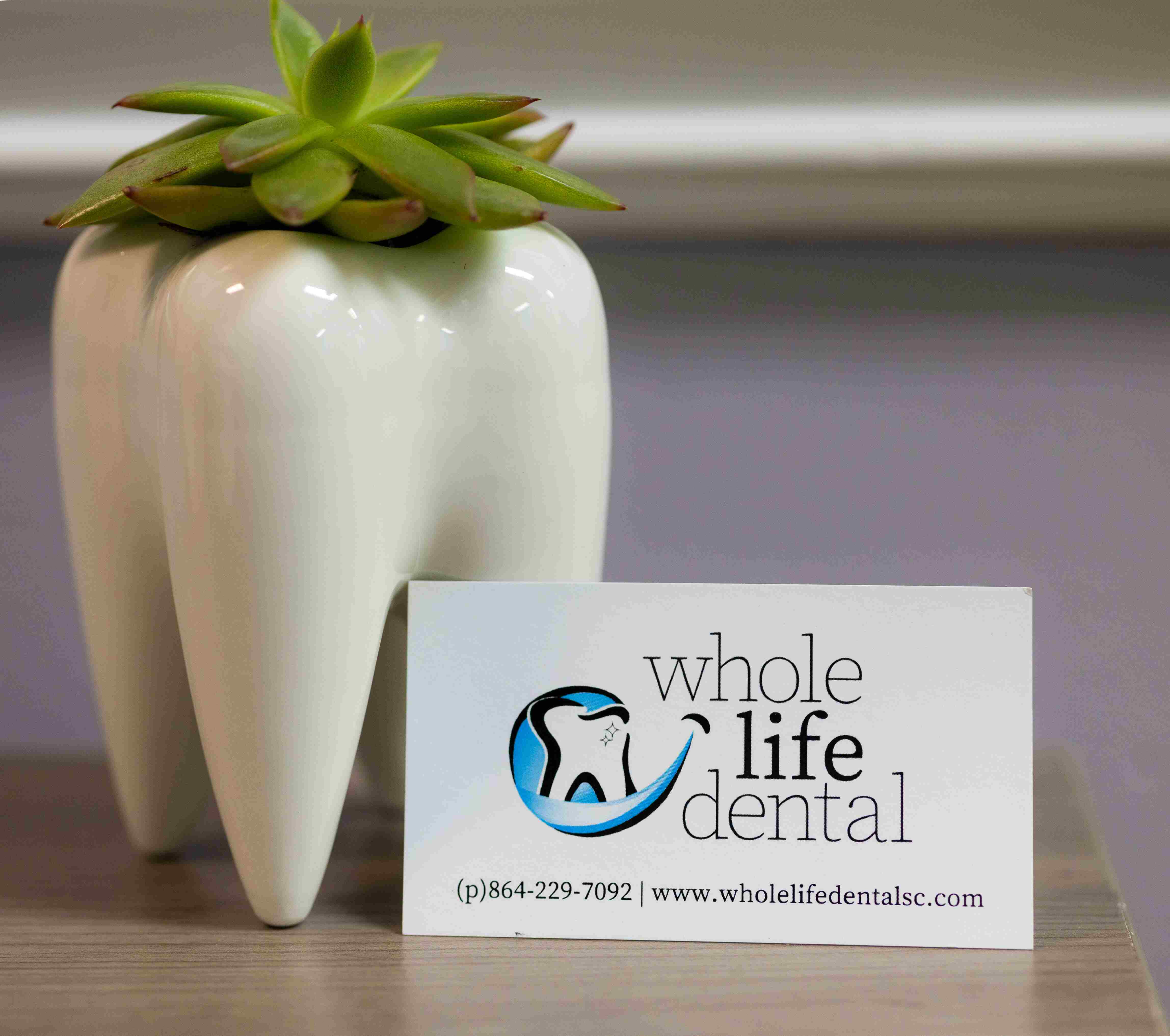
About Whole Life Dental
We are committed to providing quality healthcare to families located in the Greenwood area. With a focus on individuals aged 12 and above, we offer comprehensive solutions to everyone's oral health needs.
Believing in the importance of proper communication, we take the time to truly understand each person's needs, goals, and lifestyle. By truly listening and comprehending what matters most to our patients, we can provide solutions that will improve their health while transforming their smiles into something bright and beautiful.

Dental Crowns and Bridges
Dental crowns and bridges are essential to restorative dentistry, addressing various dental concerns to enhance functionality and aesthetics. Dental crowns, or caps, are custom-fi...
read more
Dental Bonding
Dental bonding is a cosmetic dental procedure that involves the application of a tooth-colored composite resin to address various aesthetic concerns, such as chipped, cracked, or d...
read more
Cosmetic Dentistry
Cosmetic dentistry is a specialized branch focused on enhancing the aesthetics of the teeth, gums, and overall smile. It involves various procedures to improve the teeth' appearanc...
read more
Root Canal Treatment
At Whole Life Dental, we offer root canal treatment, a dental procedure designed to address infections or damage within a tooth's pulp, aiming to save the tooth and alleviate sever...
read more
Teeth Whitening
Teeth whitening is a cosmetic dental procedure designed to lighten the color of teeth and remove stains and discoloration. When we at Whole Life Dental perform this non-invasive tr...
read more
Dentures
At Whole Life Dental, dentures are removable dental prosthetics designed to replace missing teeth and restore oral function. Comprising artificial teeth set in a flesh-colored acry...
read more
Tooth Extraction
Tooth extraction is a dental procedure in which a tooth is removed from its socket in the jawbone. Typically performed by a dentist or oral surgeon, tooth extraction may be necessa...
read more
Smile Makeover
At Whole Life Dental, we can perform a smile makeover, a comprehensive cosmetic dentistry approach that combines procedures to enhance the overall aesthetics of a person's smile. T...
read moreInsurance Information
At Whole Life Dental, we proudly accept most dental insurances like Blue Cross Blue Shield, Cigna, and Guardian. We believe that dental health should never be compromised due to financial constraints

BCBS

Cigna
Guardian
Visit Our Office
Office Hours
- MON - THU8:30 am - 5:00 pm
- FRIBy appointments only
- SAT - SUNClosed

